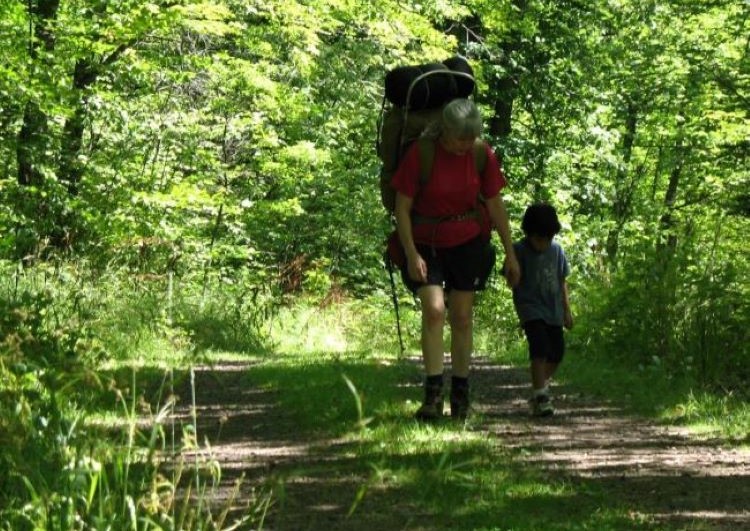5/21
Max seems angrier lately. We all do. But yesterday, late at night, he sat down on the couch across from me and asked me a question: “Do you think this will be over by August so I can hang out with my friends for my birthday?” For us, that involves waking up to eight giant teenage boys slumped across our living room. That is his all-time favorite thing to do.
He tends to boast, present as cheerful and fearless even when he’s worried or upset. This time he sounded small. His head was bent so he looked up at me through his eyelashes, as if he were pleading for something.
I was tired for to manufacture false optimism. I sighed. “I don’t’ know. We can hope for a vaccine, but I don’t think we’ll have one till next year.”
His eyes looked shiny, but crying is not an option for 18-year-old boys.
I couldn’t sleep that night. Too hot, I thought, even with the windows open. I finally gave up, gathered a few extra sheets, and went downstairs, grabbing another melatonin on the way to the den. I picked up Mark’s latest novel, a Kate Atkinson mystery, hoping to read until I got sleepy. But instead I found myself crying into a pillow.
It was Joe’s death, I thought, flipping back and forth between two pictures: Joe in bed, sick but alive, and Joe’s waxen body, suddenly emptied of him. But then I thought of Max’s crushing disappointment. And then the pandemic, the fact that Minnesota has not even reached its peak of cases. And then all three.
Other parents are sending their kids off to college, off to work in summer camps, off to states halfway across the country. I’m keeping Max here, at least for the fall. I don’t believe the pandemic will be over by August. I’m angry that colleges are acting as if everything is fine, as if they can force a dorm full of teens to stay away from each other.
I was a quick learner. I still am. I do things at speed: focus, don’t mess around, get things done. But Max is languid and loves to chat. It takes him 10 minutes to chop a carrot. Plus, he has problems processing language. He has trouble tracking the steps of a recipe, distinguishing a teaspoon from a tablespoon. How will this work in the tense, frenetic pace of a restaurant kitchen? (I’ve waitressed. I know how it goes.)
Everything in me wants to keep him here at home, to keep him safe from disappointment and failure and humiliation.
In Pilgrim at Tinker Creek, Annie Dillard, tells a story from her childhood. Her teacher places a small branch dangling a cocoon in a mason jar, eager for children to witness the magical transition from pupa to adult moth, with a typical wingspan of up to 6 inches. When the moth emerges, it tries to flex its crumpled wet wings--but the jar is too small. The wings dry, now permanently deformed. When the teacher sets it free, it limps down the driveway, to its certain doom.
I don’t want to cripple my son. But I also don’t want him to get violently sick or—honestly—to bring Covid home to us. The bottom line is that I fear for his life, and for ours. And there’s no magic reassurance to offer, no miracle cure.

No comments:
Post a Comment